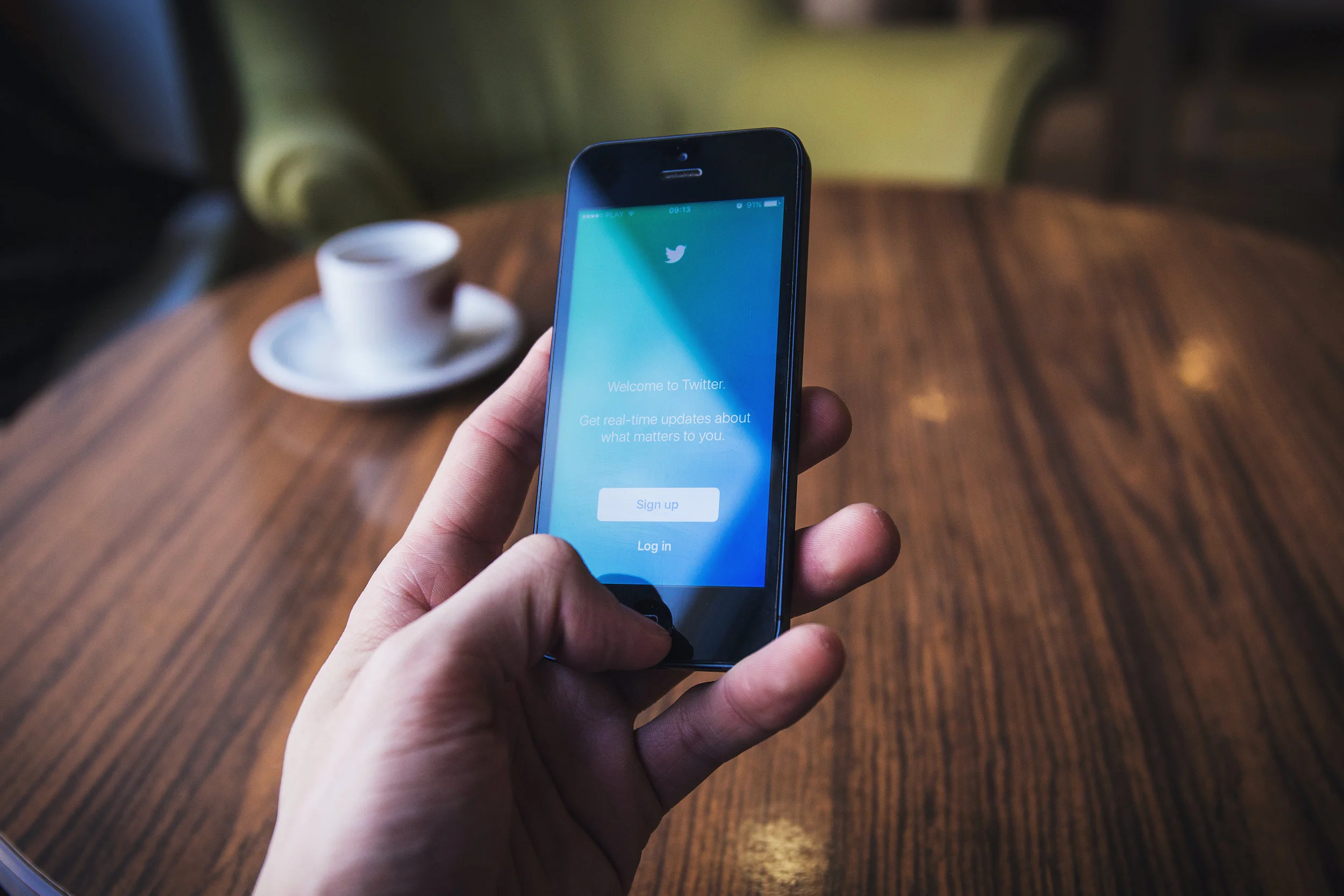In some instances, social sharing can expose a company to a libellous situation even when they did not create the shared content.
Many companies today encourage their employees to interact with customers and followers on social media. In most cases this engagement is positive and brand-affirming. However, in some instances, social sharing can expose a company to a libellous situation even when they did not create the shared content.
That’s because anytime one of your employees retweets a comment posted by someone else, they could be held accountable as the publisher of that content. If the retweet includes a link to a more in-depth story that contains libellous information, your company could find itself in hot water.
To protect your company, talk to your insurance broker about including protections for potentially actionable words and sentiments expressed by your employees online.
Supreme Court View on Hyperlink Defamation
In the 2011 case Crookes v. Newton, the Supreme Court defined the difference between hyperlinking to a website and being responsible for the information expressed on the linked site. In most cases, simply linking to a website does not constitute “publishing” the material on that site. However, if the linked content supports a claim or argument the employee is making in their tweet or retweets, they could be liable for the linked content as well.
Naturally, with social media still budding, this area of the law is continuing to develop and will be shaped as more cases are brought before the court. The smartest way companies can protect themselves is by having a strong cyber liability insurance policy. Training employees regarding potential liability risks when posting on social media also goes a long way in preventing a libellous incident from occurring in the first place.
Have any questions? We can help.
Contact us—we can help you access and use your MyMills portal and app.
Tollfree: 800-953-0999 Phone: 416-489-5570 Email: contactus@millsinsurancebrokers.ca













